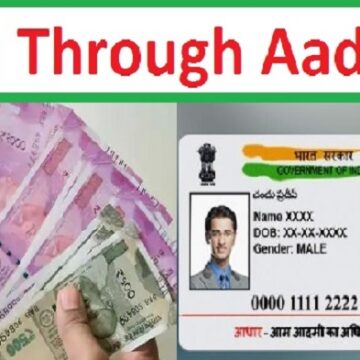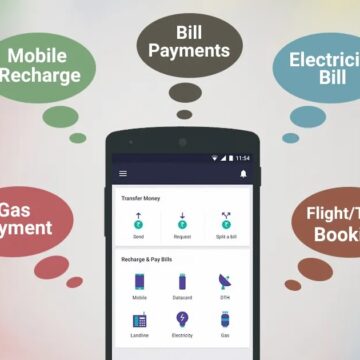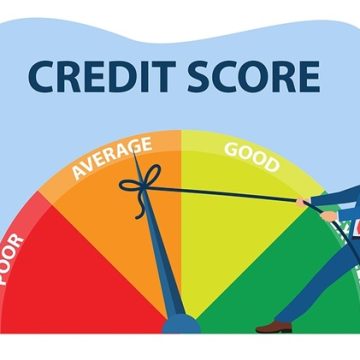Introduction
In the field of personal finance, managing debt can be a difficult task. Individuals turn to debt consolidation as a solution to their financial challenges. While legitimate debt consolidation programs can offer relief, there is an unfortunate rise in debt consolidation scams preying on vulnerable consumers. This definitive guide aims to empower you with knowledge on identifying and avoiding loan scams, ensuring your journey to financial stability is smooth and secure.
Understanding Debt Consolidation
Debt consolidation involves merging multiple debts into a single, more manageable payment, often with a lower interest rate. Reputable debt consolidation programs work with creditors to negotiate lower rates and create a structured repayment plan. However, scammers exploit the desperation of those in debt, offering false promises and fraudulent services.
Identifying Debt Consolidation Scams
- Upfront Fees: Legitimate debt consolidation companies typically charge fees based on their services’ success. Scammers may demand upfront payments before providing any assistance. Avoid such requests.
- Too-Good-To-Be-True Offers: Be cautious of unrealistically low interest rates or a guarantee to eliminate your debt entirely. If an offer seems too good to be true, it probably is.
- Pressure Tactics: Scammers often use high-pressure sales tactics to rush you into a decision. A reputable organization will allow you the time to make an informed choice.
- Unsolicited Communication: Be aware of unsolicited emails, SMS, or phone calls that claim lucrative offers. Always initiate contact with a trusted and established company. Visit the lender’s official website to their authenticity.
- Lack of Transparency: Legitimate companies are transparent about their services, fees, and terms. An authentic lender remains transparent with their customers about their service, fees, and terms. They do not have any hidden charges. Avoid organizations that are vague or evasive when you ask questions.
Protecting Yourself from Scams:
- Research Extensively: Investigate any company thoroughly before engaging with them. Look for online reviews, testimonials, and ratings from reputable sources.
- Check Accreditation: Ensure the company is accredited by organizations like the Better Business Bureau (BBB) or the National Foundation for Credit Counselling (NFCC). These organizations validate the legitimacy of debt relief agencies.
- Read the Fine Print: Understand all the loan terms before signing the loan agreement. In case of any inaccuracy or doubt, discuss the points with lenders. Understanding loan terms is important to make a repayment plan.
- Consult a Professional: If you are a new borrower or are facing difficulties understanding loan terms and assessing your financial situation. You can consult with a financial advisor to make an informed decision.
- Guard Personal Information: Online frauds are increasing day by day. Personal and financial information is the first way scammers operate. Personal details are crucial in this digital world; never share any personal or financial information with anyone unless you are sure about them. These scammers can use your personal information for identity theft.
Taking Legal Action
If you fall victim to a debt consolidation scam, it’s crucial to take action promptly. Here are a few tips that you can follow:
- File a Complaint with the Cybercrime cell: In case of a loan scam, immediately file a complaint against the lender. Keep the scammer’s threatened messages, emails, or phone recordings as evidence, and show all the evidences to the cybercrime cell.
- Contact Your Bank: If you made payments to the scammer by sharing your bank details, such as your credit and debit card, immediately contact your bank block card details.
- Consult Legal Help: In severe cases, consult an attorney specializing in consumer protection to explore legal options against the scammer.
Conclusion
A personal loan is a useful financial tool, but it requires a lot of consideration. There may be chances of a loan scam if you don’t know the right way to choose a reliable lender for you. Research the lender very carefully and choose a reliable lender. In case of any doubt and advice You can seek a professional advisor to avoid a loan scam. Empower yourself with knowledge and make decisions that lead to genuine financial recovery, ensuring a secure and stable future for you and your loved ones.
















